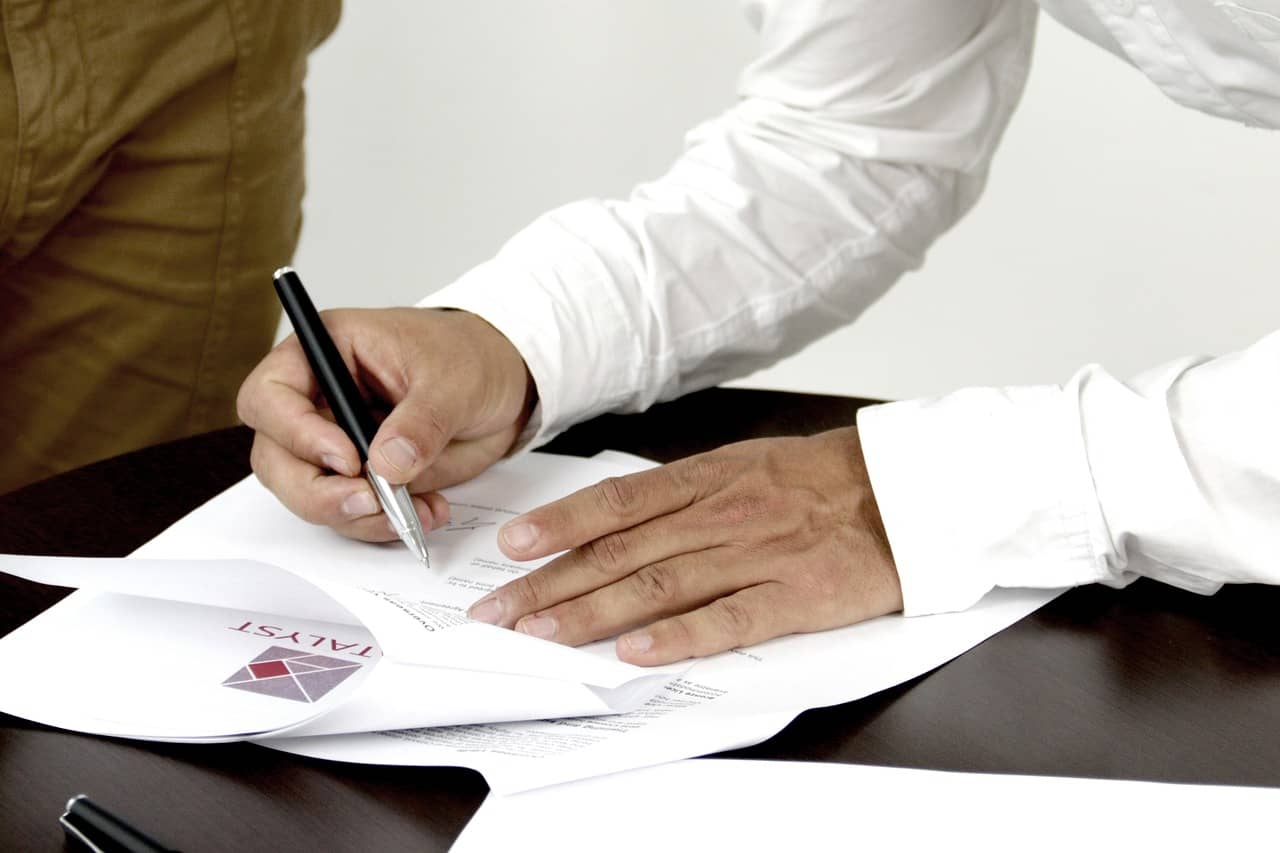Estimated reading time (in minutes)

Are you going to sign a rental contract, a commercial lease or a surety bond, and you want to be sure that you are “legally correct”? The lawyer’s deed may be the guarantee you need. Manual.
What is the lawyer’s deed ?
Until 2011, there were only two forms of deeds in our law:
– the authentic deed, drawn up by a notary whose status as a public officer gives the deed a certain date and enforceability;
– the private deed, drafted and signed directly by the parties themselves or by a third party representing them.
In order to offer greater legal certainty to individuals and companies, the legislator has devised a new category of private deed, the lawyer’s deed, dated in full and countersigned by the lawyer(s) of the parties. .
By his countersignature, the lawyer certifies that he has fully informed his clients of the legal consequences of the act. It thus guarantees the reality and integrity of the consent of the signatories and engages its responsibility in this regard.
The lawyer’s act assumes that all the parties have been assisted, either each by their own counsel, or by a single lawyer who must be able to justify his role as joint counsel.
Finally, the lawyer has the obligation to keep and archive the deeds he has countersigned for his clients.
The act of lawyer: what are the advantages?
The lawyer’s act has reinforced probative force.
Firstly, it “authenticates the writing and the signature” of the parties (art. 66-3-2 L. March 28, 2011). The lawyer must verify the identity and quality of the signatories. By affixing his countersignature, he certifies the origin of the document.
If one of the parties claims that his signature or his writing are forged or that his identity has been usurped, he must comply with the forgery procedure provided for in articles 299 to 302 of the Code of Civil Procedure.
Secondly, it will also be more difficult to raise the nullity of the act for lack of consent insofar as each signatory has been assisted and is presumed to have undertaken in full knowledge of the facts.
Another significant advantage, the lawyer’s deed is “exempted from any handwritten note required by law” (art. 66-3-3 L. March 28, 2011). The formalism of many acts is considerably lightened and the risk of dispute is reduced accordingly.
The exemption from handwritten mention applies in particular to the acknowledgment of debt (art. 1326 Civil Code), the waiver of the condition precedent of a mortgage (art. L. 312-17 Consumer Code), the commitment of surety in guarantee of a consumer credit or a mortgage (art. L. 313-7 and L. 313-8 Consumer Code), to the commitment of surety in favor of a professional lender (art. L. 341-2 and L. 341-3 Consumer Code) or the guarantee of a rental debt of a lease for residential use (art. 22-1 of the law of 6 July 1989).
The act of lawyer: for what?
In an environment where the evolution and the technicality of the rules of law are factors of instability and uncertainty, the act of lawyer constitutes an appreciable innovation and a guarantee for the litigant because it brings a factor of legal security.
It is intended to intervene in all areas of law and concerns most of the acts and contracts that punctuate the life of companies and individuals.
Its scope covers family law (family pacts, PACS, wills, etc.), labor law (employment contract, transaction, etc.), real estate law (residential lease and commercial lease, promise of sale, etc.). In business law, he will secure numerous contracts (franchise, distribution, licence, provision of services, transfer of funds, etc.) and corporate acts (statutes, transfer of shares, shareholders’ agreement, guarantee of assets and liabilities , etc.).
DAMY law firm, Nice, Update 2022
